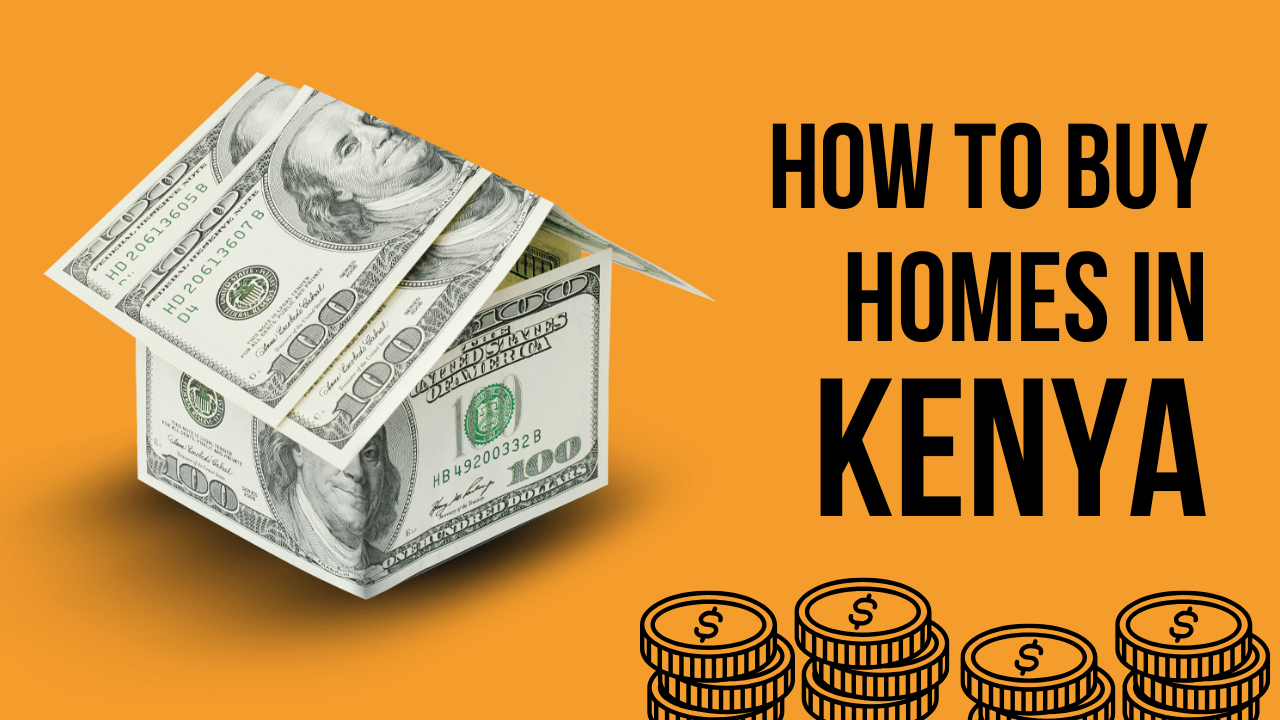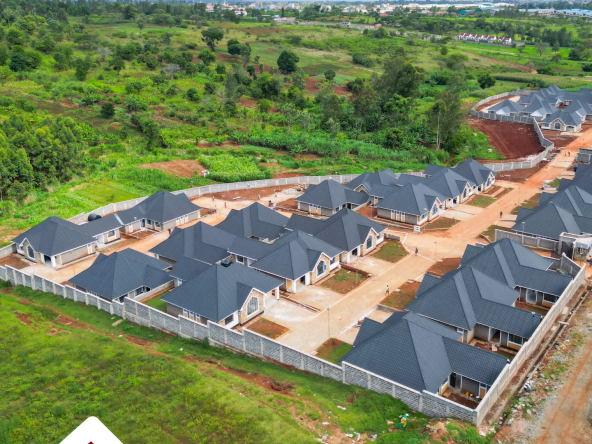Why USD Pricing Is Now a Luxury Homes Strategy
A growing trend in the Nairobi real estate market is reshaping the high-end housing sector—dollar pricing of Nairobi luxury homes. Faced with a weakening shilling and rising construction costs, developers of upscale residences in areas like Kileleshwa, Kilimani, and Riverside are now pegging prices to the US dollar. This shift aims to cushion sellers from forex losses and appeal to dollar-earning diaspora and expatriate buyers looking for investment-grade properties.
The Root Causes Behind the Dollar Move
1. Weakening Kenyan Shilling
Over recent years, the Kenyan shilling has significantly depreciated, climbing from around KSh 100 per USD three years ago to approximately KSh 151 or more per USD as of late 2023–early 2025. This persistent slide has made local-currency revenue unreliable for developers servicing dollar debt or paying for imported materials.
2. Dollar-Denominated Debt
Many luxury developers have raised funds via foreign loans or international equity, typically denominated in USD. As exchange rates shift, their repayment burden climbs unless revenue is also collected in dollars.
3. Imported Construction Inputs
High-end developments often rely on imported materials priced in USD, such as steel, fixtures, and finishes. Quoting prices in shillings exposes project budgets to unpredictable forex swings.
Read Also: Off-Plan Deals That Deliver: How to Separate Hype from Value in Kenya’s Property Market
What USD Pricing Means in Nairobi’s Upscale Market
Targeting Global and Diaspora Buyers
Quoting prices in dollars aligns with buyer expectations among wealthy Kenyans abroad and expatriates, offering both familiarity and stability. As one developer noted, a USD price tag can seem less intimidating and more globally credible than the equivalent in millions of shillings.
Premium Rentals and Sales
Luxury rentals in prime Nairobi now commonly fall between $878 (KSh 140,000) and $1,380 (KSh 220,000) per month for three-bedroom apartments. Larger homes lease for $1,882 to over $3,100 (KSh 300,000–500,000).
Real Estate Returns Even Amid Economic Pressures
Despite macroeconomic headwinds, Nairobi’s luxury residential property sector showed resilience. According to Knight Frank’s Prime International Residential Index, prices rose by 8.3% in the final quarter of 2023—placing Nairobi among the fastest‑growing luxury markets globally.
Another report shows that foreign demand, rising numbers of dollar millionaires, and global investment interest helped drive Nairobi’s luxury property gains—sometimes even surpassing global cities like London.
The Trade-Offs of Pricing in Dollars
| Benefit | Consequence |
|---|---|
| Shields developers from forex risk | Limits affordability for local buyers earning in shillings |
| Provides price certainty for project financing | Can heighten perception of exclusivity or speculative pricing |
| Aligns with dollar‑based financing and imports | Could deter middle-income locals from entry-level luxury |
Read Also: The Hidden Appeal—and Risk—of Off-Plan Deals
While dollar pricing helps developers protect margins and stabilize budgets, it also risks pricing out Kenya’s middle earners who earn exclusively in shillings.
What Luxury Buyers Should Know
- Confirm currency terms: Is pricing fixed in USD, or is it payable in shillings pegged to a daily USD rate?
- Understand payment structures: Some deals still offer local-currency installments linked to exchange rate snapshots.
- Evaluate community type: Developments in areas like Westlands, Runda, and Upper Hill cater mostly to high-net-worth clientele.
- Look for value beyond price: Sustainability features, smart-home integration, and premium amenities are increasingly competitive differentiators.
The trend of quoting luxury real estate in USD is not about showmanship—it’s a financial hedge. For developers facing foreign debt and dollar-priced inputs, USD pricing offers stability and protection in a volatile exchange-rate environment. But this comes at the cost of price accessibility.
As long as Nairobi remains a growing global capital with rising demand from dollar-savvy buyers, expect more high-end developments priced in greenbacks. Buyers looking for luxury homes in this niche should weigh currency terms carefully, especially if they originate from a local-shilling income stream.
Read Also: Kenya’s ‘Plot Mentality’: Cultural Roots and Future Shifts in Land Ownership Aspirations





